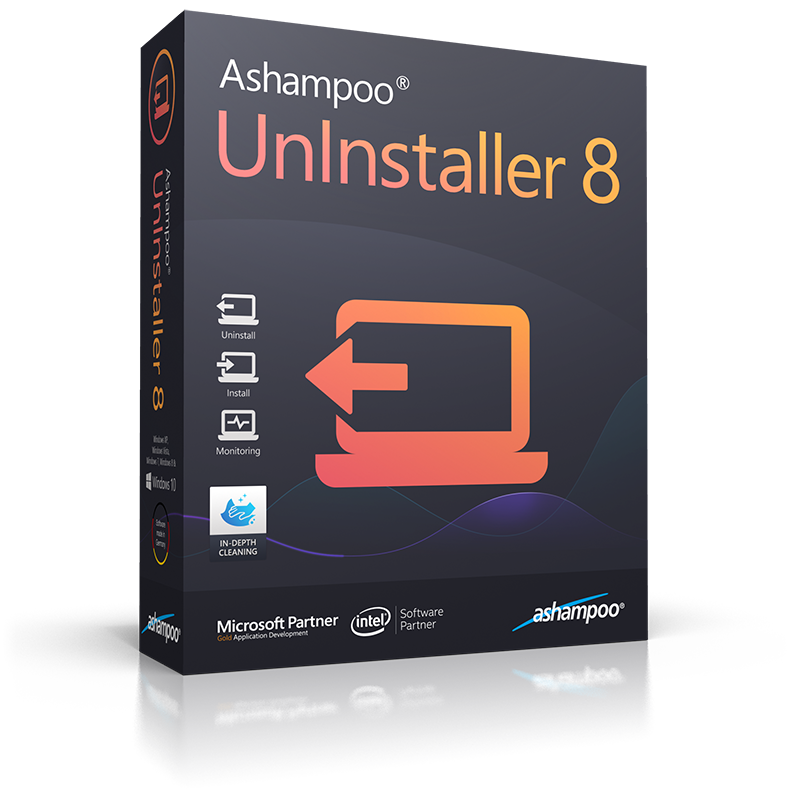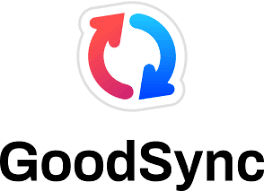Rocket.Chat 3.9.4 Full Free Version
Rocket. Chat is a versatile and powerful open-source messaging platform revolutionizing team communication with its robust feature set, and extensive customization options, Rocket. Chat is becoming the go-to solution for organizations worldwide.

Rocket. Chat offers a wide range of features designed to enhance collaboration and productivity. It provides a comprehensive communication toolkit, from group chats and files sharing to voice and video calls. What sets Rocket? Chat apart is its extensive needs by adding integrations, creating chatbots, and developing custom themes. This flexibility ensures that Rocket. Chat adapts to the unique requirements of each team and organization.
Privacy and Security (75 words): In an era where data breaches and privacy concerns are rampant, Rocket. Chat prioritizes the Security of its users’ information. With end-to-end encryption, two-factor authentication, and advanced security measures, Rocket. Chat provides a safe environment for sensitive conversations. Unlike other messaging platforms, Rocket. Chat gives organizations complete control over their data by offering self-hosting options. This means that companies can maintain full ownership and protect their confidential information.
Open-Source Community (50 words): Rocket. Chat owes much of its success to its vibrant open-source community. Developers worldwide contribute to its continuous improvement, ensuring regular updates, bug fixes, and new feature releases. The collaborative nature of the open-source community allows Rocket. Chat to evolve rapidly and stay ahead of emerging communication trends.
- Conclusion (50 words): Rocket. Chat transforms team communication by offering a versatile, customizable, secure platform. Its robust feature set, commitment to privacy, and active open-source community make it an ideal choice for organizations of all sizes with Rocket. Chat, teams can communicate seamlessly, enhance productivity, and protect their valuable data.
Top Key Feature:
- Real-time Communication: Rocket. Chat offers instant messaging and real-time communication capabilities, allowing users to exchange messages, share files, and collaborate seamlessly.
- Customization and Extensibility: Rocket. Chat is highly customizable, allowing users to tailor the platform to their needs. It offers various customization options, such as themes, plugins, and integrations with other tools and services.
- Security and Privacy: Rocket. Chat prioritizes security and privacy, providing end-to-end encryption for private conversations. It also offers features like two-factor authentication, compliance with data protection regulations, and self-hosting options for added control.
- Multi-platform and Mobile Support: Rocket. Chat is available on various platforms: web, desktop (Windows, macOS, Linux), and mobile (iOS, Android). This ensures users can access chats and collaborate from anywhere using their preferred devices.
- Scalability and Enterprise-Ready: Rocket. Chat is designed to scale, making it suitable for small teams and large organizations. It offers enterprise-level features like user and role management, LDAP/AD integration, and analytics, ensuring it.
Pros And Cons Of Rocket.Chat
Rocket. Chat is an open-source messaging and collaboration platform with several advantages and disadvantages. Here are the pros and cons of Rocket. Chat:
Pros:
- Open-source: Rocket. Chat is an open-source platform, so its source code is freely available, allowing customization and flexibility.
- Self-hosted or cloud-based: Users have the option to deploy Rocket. Chat on their servers or use the cloud-hosted version, providing flexibility in control and scalability.
- Customization: Rocket. Chat allows extensive customization, including branding, themes, and integration with other applications, making it adaptable to different business needs.
- Extensive features: It offers a wide range of parts, such as audio/video conferencing, file sharing, screen sharing, real-time translation, and bots, enhancing communication and collaboration capabilities.
- Security and privacy: Rocket. Chat provides end-to-end encryption, two-factor authentication, and compliance with data protection regulations, ensuring secure communication and data privacy.
Cons:
- Complexity: Setting up and configuring Rocket. Chat may require technical knowledge and expertise, making it less user-friendly for non-technical users.
- Limited community support: Compared to some other collaboration platforms, Rocket. Chat has a smaller user community, which can result in little community support and resources.
- Scalability challenges: While Rocket. Chat can be scaled up; larger deployments with high user loads may face performance and scalability challenges, requiring additional infrastructure and optimizations.
- Integration limitations: Although Rocket. Chat offers integration with various tools and services; the availability and compatibility of specific integrations may be limited compared to more established collaboration platforms.
- User interface:Rocket.Chat Some users find the user interface of Rocket. Chat is less intuitive and visually appealing compared to specific other messaging platforms.

How To Install?
- Prepare your server:
-
- The minimum requirements of your server must be met for Rocket. Chat.
- Set up a dedicated server or virtual machine with a supported operating system (e.g., Ubuntu, CentOS, Debian).
- Install dependencies:
-
- Update your system’s package manager to the latest version.
- Install the required dependencies, such as Node.js, MongoDB, and any additional packages specified by Rocket. Chat.
- Set up MongoDB:
-
- Install and configure MongoDB on your server.
- Create a new MongoDB database and user for Rocket. Chat.
- Download Rocket. Chat:
-
- Download the latest stable release of Rocket. Chat from their official website or GitHub repository.
- Extract and configure :
-
- The package should be downloaded and extracted to a directory on your server.
- Navigate to the extracted directory and configure Rocket. Chat by editing the `settings’ file or using environment variables.
- Install dependencies and start :
-
- Install dependencies by running the appropriate command.
- Start t using the provided command (e.g., node main.js or pm2 start main.js).
- Set up a reverse proxy (optional):
-
- Configure a reverse proxy (e.g., Nginx) to handle incoming connections to and provide SSL encryption.
- Access Rocket.Chat:
-
- You will need to open a web browser and enter your server’s IP address or domain name.
- Complete the initial setup process by creating an admin account and configuring other settings.
Credit Link





